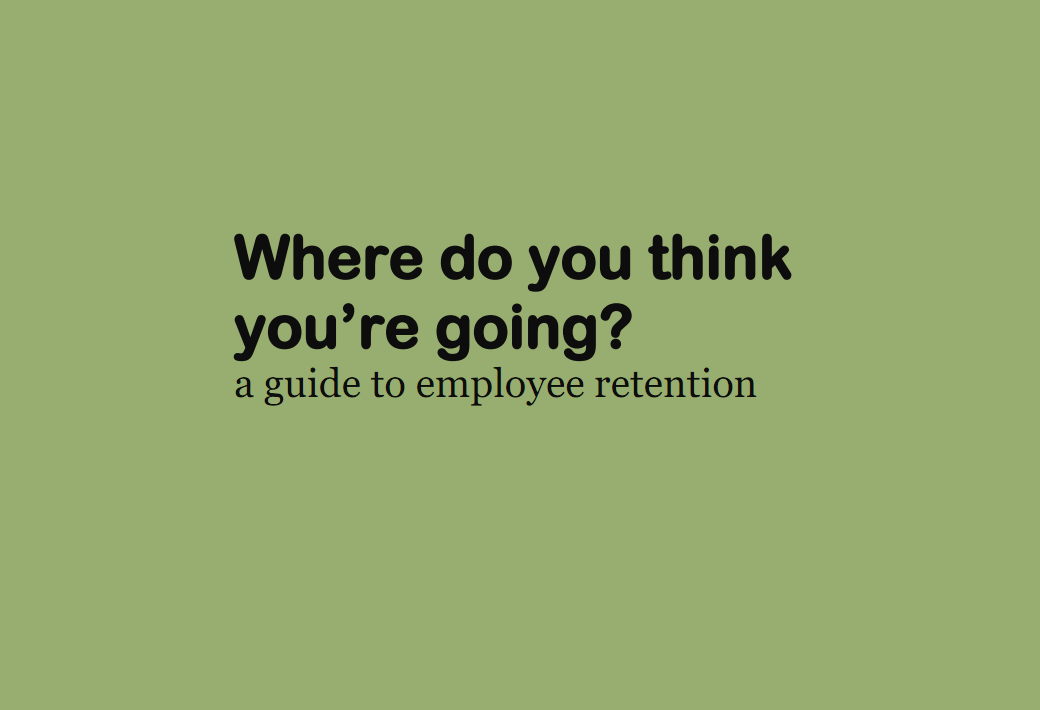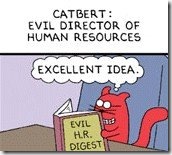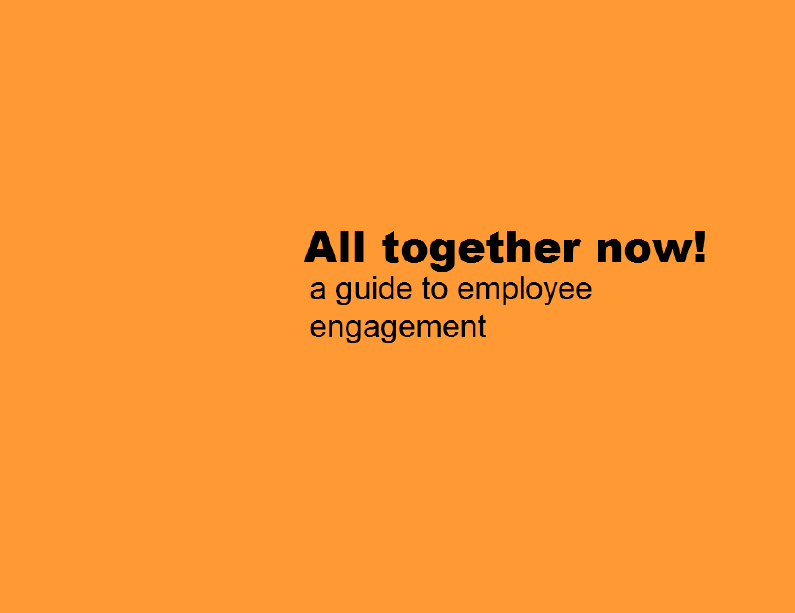While I was at the local coffee shop this week, I noticed a young father typing away on his computer as his baby napped in his lap. The thing that caught my attention was that no one else paid any attention. He was just another guy doing some work while enjoying his latte.
It made me happy.
It was very different twenty years ago when my two daughters were toddlers and I was a newly single dad. Back then, most of our treks out into the real world made me think that I could be a viable candidate for “Father of the Year”. Total strangers praised me for being a great parent because I was handling them “without help”.
Before any moms start sending hate mail my way, I get it. I was only doing what moms have been doing since time began -- taking care of the kids. I don’t consider myself to be a trail-blazer, but back then I was an oddity. We simply did not see too many fathers going about their business with the kids in tow and a mom nowhere in sight. (For the record, there is and was a great mom in the picture. After she and I separated, we shared custody and remain on very good terms).
Today, it seems that dads (married or single) are much more involved in raising their kids. That’s a great thing. I have done extensive research – about five minutes on-line – and realized that there is not much useful advice for the new working dads. I emphasize the word “useful”. There are lots of tips telling you to “spend more quality time with your children” and “do not take them into biker bars”. Dads could have figured those types of things on their own. What today’s dads need is the voice of experience about what matters most.
That voice has arrived:
- Develop a sense of humor. You’ll need it and it may keep you from having a major stroke before your time. An elderly woman who I had never met before passed these words of wisdom on to me when my daughters were 3 and 2 years old. She was standing near my girls and me as I was about to take a photo of them in their new dresses. The photo was going to be a great one – I had them posed in front of a beautiful fountain. As I was focusing the camera, my youngest flashed an evil grin. (Wherever does she get it?). Before I could intervene, she turned and shoved my older daughter into the water. Based on her expression of utter joy, it was the best moment of her life up until that day. She was clapping and laughing, her sister was splashing and sputtering and I could feel the veins in my head about to explode. That’s when the silver-haired, well-dressed woman walked up to me. She patted me on the shoulder and, in a tone of voice usually reserved for talking crazy people down from tall building ledges, told me that this would be really funny some day. “I can tell you’re a great dad,” she said, “and your girls have a lot of spirit. That’s so much better than boring, don’t you think?” She laughed, I laughed and I have remembered her wise words many times. They have not always made me laugh, but they have kept me off the ledge.
- Always carry a towel and change of clothes. See above.
- Be prepared for odd fashion moments. As a father of babies or kids, you need to be ready to look ridiculous from time to time. They will beg you to wear the Mickey Mouse ears at Disneyland or the crazy tie they picked out because they love Spongebob Squarepants. They might want to paint your toe-nails hot pink. Just go for it. My oddest fashion moment came when I was appearing in court for a client and the judge asked about my baby. My pride deflated as I thanked the judge for asking and noticed he was tapping his shoulder. I heard some muffled laughs from the people waiting for the next case to start and then looked down at my own shoulder – and saw the burp cloth draped over it. The drape cloth I had used earlier that morning to protect my suit as I gave the baby a good bye hug. (She tended to urp up on me on a regular basis, especially if I was in my nice clothes). I’d managed to wear the diaper on my shoulder as I rode the bus downtown, walked to the courthouse, rode the elevator and then sat with a crowd of other attorneys and parties waiting for the court calendar to start. No one said a word until the judge. (To this day, I am thankful that the cloth was clean that time.)
- Beware of cameras. Your kids will probably be able to talk you into doing crazy things. Go ahead and do them, just try not to end up on YouTube or Facebook doing them. This was easier for me – there was no social media in the 1990s. When my youngest talked me into wearing a giant cookie costume to help her sell Thin Mints and Samoas in front of the grocery store, the experience did not go viral. Neither did the time I dressed up as Big Bird or had my toe nails painted.
- Be prepared to be embarrassed. This next cautionary tale is based on an experience that happened when my “baby” had just learned to walk and my oldest was a talkative two-year old with an advanced vocabulary. It was a Saturday morning and my daughters invaded the bathroom to ask about breakfast as I was drying off after a shower. I covered myself with the towel, but not soon enough. “What’s that?” the oldest asked, pointing you-know-where. “My towel,” I replied, hoping for the best. My daughter rejected that response and asked again, this time with her tiny hands on her hips and a rather stern expression on her face. I had not expected such questions to start so soon, or when I was naked and dripping wet. I was stuck. The girls’ mom and I had agreed that we would be candid and honest when the girls started to ask anatomical questions. I held on to my towel, took a deep breath and told her that it was my p--. I quickly explained that only boys have one and let out a sigh of relief when this seemed to be no big deal to her. Getting caught in the shower was not the embarrassing part. Several days later, when I took the girls into the office for a quick visit after a doctor appointment, my oldest walked up to my secretary and said, “Did you know that my daddy has a p--?” I survived and so can you.
- Work can usually wait. Your job is important. Making a living is not an option for those of us without trust funds. I know there will be times when you can’t get away from work, but you need to be organized so you can block out a morning for the school play or the afternoon when the students display their best art. These are big events to your kids and it means the world to them when you show up. It’s good for you, too.
- Time is your enemy. My daughters are basically grown up. My oldest is a college junior and my “baby” is about to graduate from culinary school. (As a bonus, neither of them has been to prison and the tattoos are tasteful). Here’s the thing – I have no idea how we got to this point so quickly. They were babies and now they’re not. Find a way to spend as much time with them as you can when they are little and – as much as they say they hate it – continue to find ways to be together when they are teenagers. You do not have as much time as you think. Road trips worked for me. We covered most of the United States on one of them -- here’s proof: http://www.youtube.com/watch?
v=pgphEd5cT7E.
Jim Webber is the author of Evil Skippy at Work (www.evilskippyatwork.com) and a human resources trainer/consultant/
















